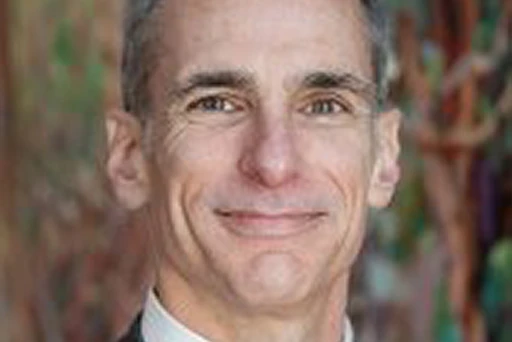A wide range of technologies to include the Internet, e-mail, text messaging, social media, and Apps have altered mental health practice for so many clinicians and their clients. This workshop will provide information about the ethical, legal, and clinical issues relevant to integrating various technologies into our practices, the practice of tele-mental health, and the use of social media in our professional and personal lives. Common pitfalls, challenges, and dilemmas in each of these areas will be discussed, information on decision-making and best practices will be provided, and specific guidance will be provided on decision-making relevant to the use of various technologies in clinical practice. Clinical examples are provided to illustrate some of the benefits and challenges of utilizing these technological innovations in clinical practice. Particular attention will be paid to the provision of tele-mental health services to minors and their families.
Course Objectives
At the conclusion of this course, participants will be able to:
- Describe the appropriate uses of tele-mental health and its limitations.
- Explain a decision-making process for determining the most appropriate tele-mental health modalities for each client.
- Explain the legal issues all mental health clinicians must be aware of and address when practicing tele-mental health across state lines.
- Explain the risks associated with participation in social media and how to best address them.
Instructional Level
Licensed mental health professionals employed through Kaiser Permanente and psychological assistants performing under supervision of a licensed psychologist.
This CE program is free to Kaiser Permanente employees.
Instructional Methodology
Lecture
Audio/Visual
On-line Presentation
Continuing Education Information
Kaiser Permanente Northern California Mental Health Training Program is approved by the California Psychological Association to provide continuing professional education for psychologists. The Kaiser Permanente Northern California Mental Health Training Program maintains responsibility for this program and its content.
Refund and Attendance Policy
All programs offered on KP Learn for CE credit through the KP Northern California Mental Health Training website are free of charge to Kaiser Permanente Staff and trainees. Once a course is selected in the KP NCAL MH Training Website, the registration process begins, and it will appear in the individuals KP Learn profile for completion within 90 days.
IMPORTANT NOTICE: Those who attend the program in full and complete the appropriate evaluation form will receive CE credits. Please note that credit will only be granted to those who attend the entire program. An attestation of attendance will be given once the individual has completed viewing the program, which will then initiate the final steps of completing the evaluation forms to receive a certificate of completion.

